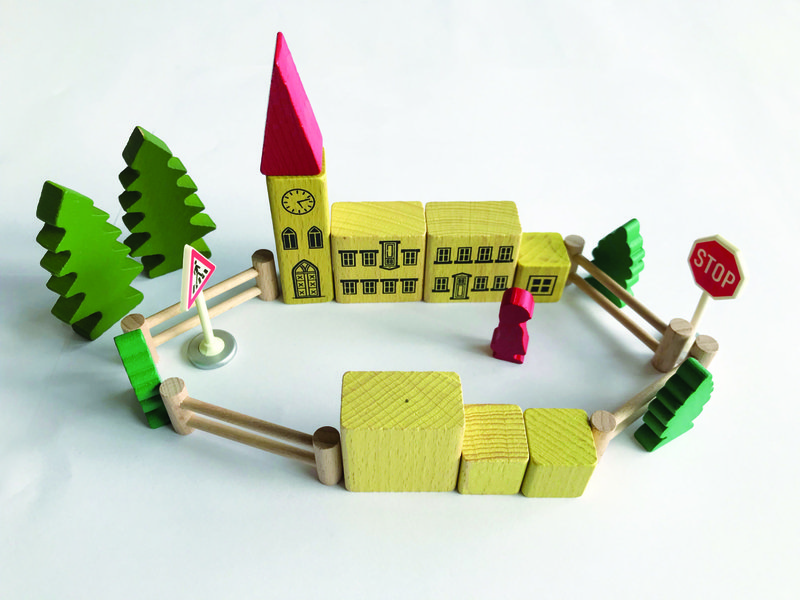World Game - newest developments
Every year a conference is held in the Netherlands for certified World Game testers. Participation in this conference is a prerequisite for keeping the certification. At the conference is expanded on and studied the newest perspectives in working with children and adolescents; the ongoing curiosity for new perspectives in working with children and adolescents is important for being able to use World Game as a tool.
Again this year we were in Amsterdam and enjoyed these initiatives, under which was research about the lack of well-being among children and adolescents, especially the gifted ones. In children aged 12 and under there is already evidence for the identification of giftedness using World Game. In the recent years empirical data has been collected to strengthen the validation of using World Game to identify giftedness in children and adolescents aged 12 and up. Below is a short summary of this effort.

At the beginning of 2019 Marion van der Coolwijk visited Denmark to, among other things, discuss the development of World Game. The idea of combining specific points from, for example, Linda Silverman’s checklist for identifying giftedness in children and adolescents was considered, and the first draft for an updated observation form was made.
In Denmark we made preliminary tests of this form, after which it was presented to Professor Evelyn Kroesbergen who had previously worked with World Game. In collaboration with Professor Evelyn Kroesbergen, we made an improved version of the observation form.
In january 2020 we met with a group of certified World Game testers in Amsterdam. The purpose was to test the reliability of the form (If the interpretation of World Game is the same for different testers). The results were promising, and from the summer of 2020 until the summer of 2021 data was collected from Denmark and the Netherlands to get an overview of the validity of the form. In September 2021 it was reported that the results this time were also promising, and now an expansive work is being done collecting data from testers in Denmark, the Netherlands, Belgium, Greece, USA, and Canada.
In the coming years, the project will consist of a collection of WISC V and World Game tests done by certified testers with a specialty in gifted children and adolescents. The goal is to find evidence to support that giftedness can be identified using World Game - including in children and adolescents aged 12 and up.